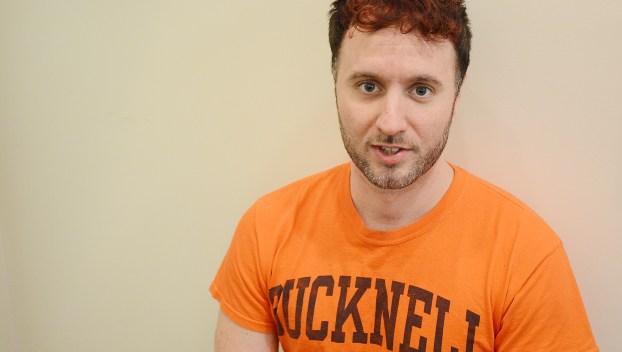
Uncategorized
‘We need to get out of this situation’: Homeless children struggle
SUNBURY, Pa. — All seven members of Alexis Toro-Smith and Levert Smith’s family awaken at 6 a.m. each weekday ... Read more

SUNBURY, Pa. — All seven members of Alexis Toro-Smith and Levert Smith’s family awaken at 6 a.m. each weekday ... Read more